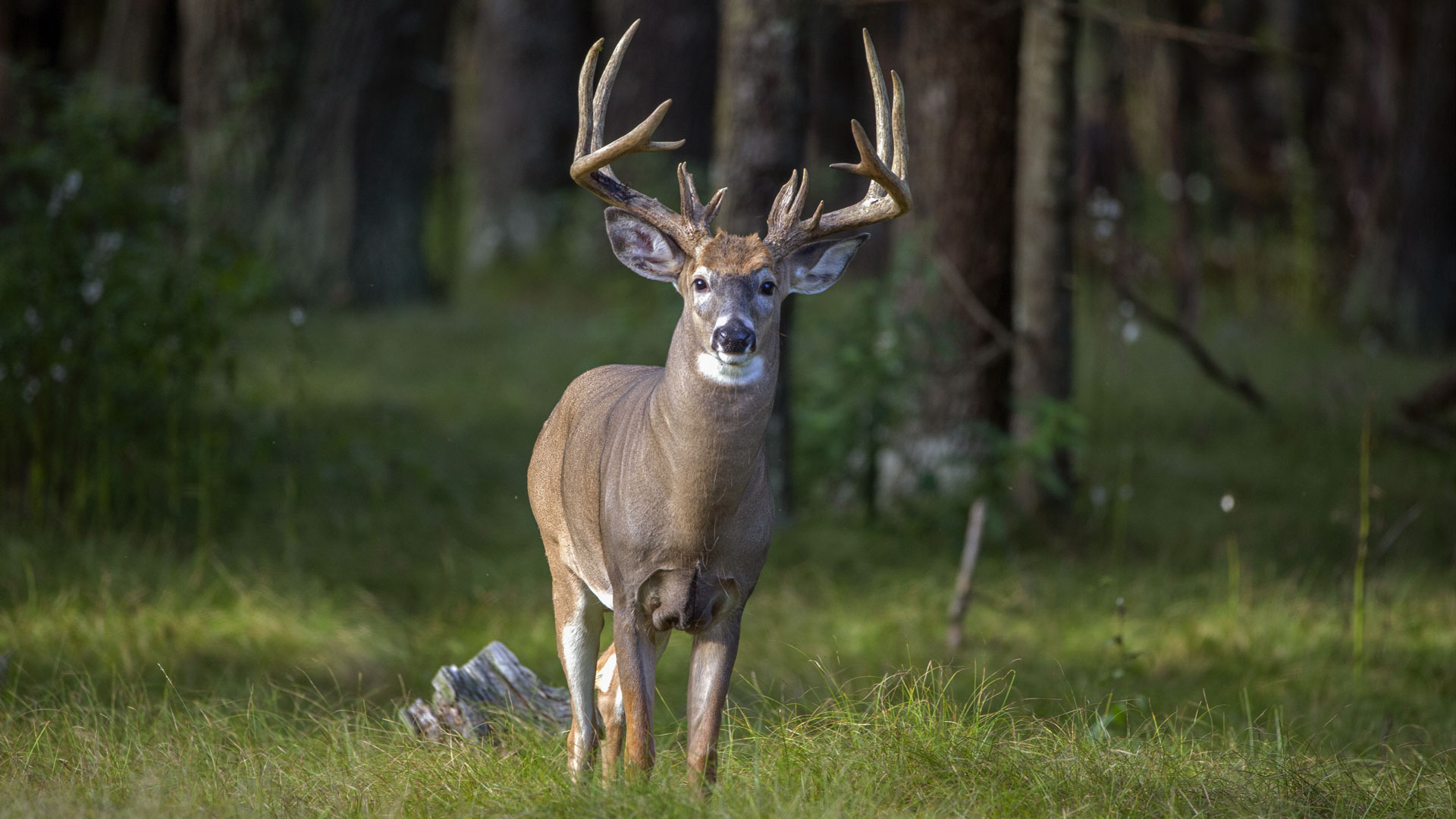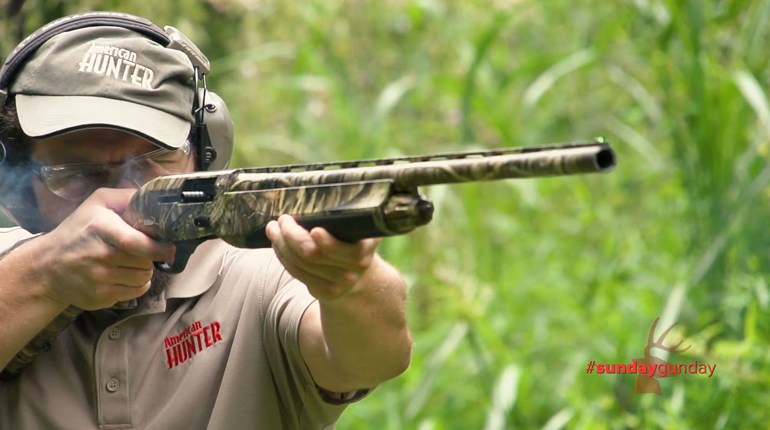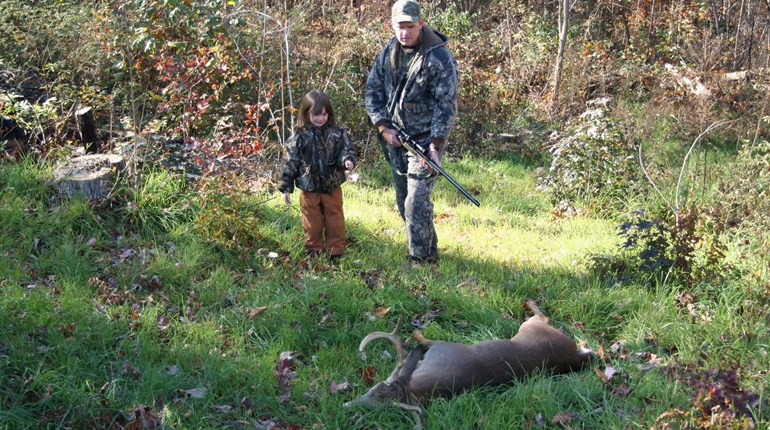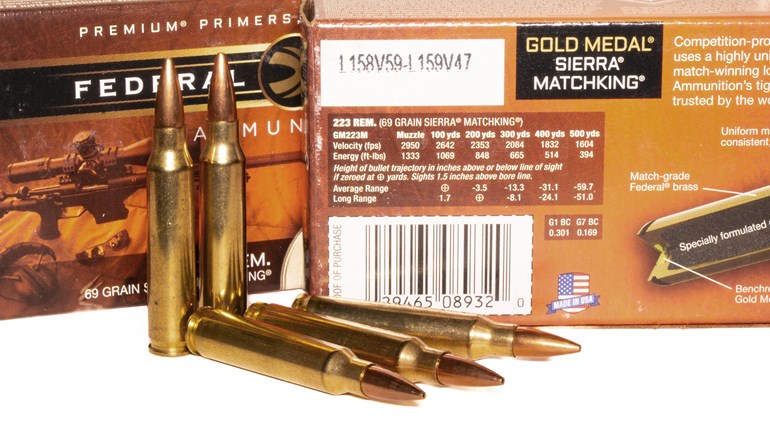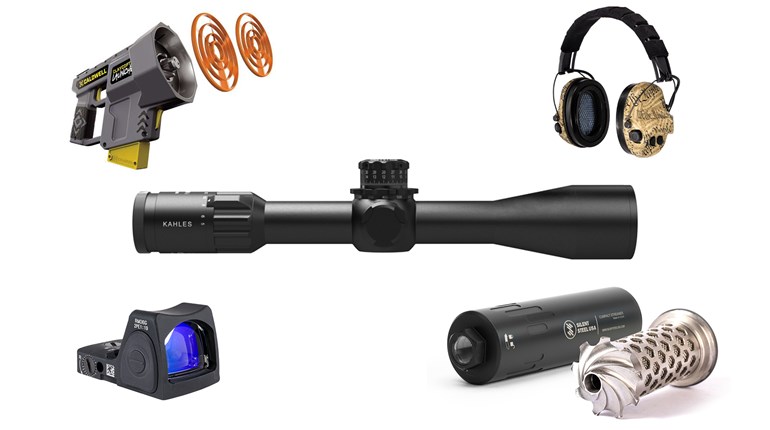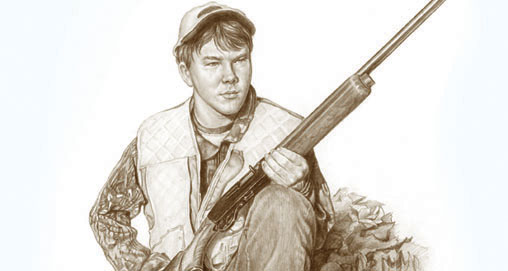
Illustration by Harry Jaecks
Roy wanted a shotgun so badly he had thought about it almost every day for three years. Actually he wanted a new shotgun or a better shotgun, since he had actually been granted use of the family’s ancient J.C. Higgins bolt-action a few years back. When he was 12, being entrusted with any gun was a proud milestone. But soon he understood why his dad and the other men teased him. Although the rusted smoothbore had a clip that held two rounds, he never could fire a follow-up shot because the second shell would always catch inside the receiver. Besides that, the trigger pulled so hard it pinched his finger.
Eventually his dad leveled with him. “That old gun’s okay … for a beginner. Good enough for learning the ropes. Someday we’ll get you a better one.”
Well now Roy had his new shotgun, right here in his hands. It was the very gun he had dreamed about, a Model 1100 Remington 20-gauge autoloader. A gun “smooth as butter,” according to Dad’s cousin Robert.
Another hundred yards and Roy would reach the overgrown field where the quail lived. He had envisioned the scene many times: a hammering covey rise; a smooth mount and swing; two quick shots; two birds falling. Then a late flusher; a third shot, and another bird for his pouch! Three shots, three handsome bobs. His dream come true. But the reality of it turned his stomach and Roy slumped to his knees.
Why had it happened like this? His wish, his Christmas gift. All of it gone so wrong.
Roy had been given the shotgun two days before by his Great-Aunt Regina. Though it was the day after Christmas, there was no holiday spirit when Roy’s family walked into their aunt’s home. It was nearly noon, yet she was wearing slippers and a bathrobe. Her hair wasn’t put up, and he could tell she had been crying. Roy’s mom hugged Regina and rubbed her back. His dad walked over and stood by the staircase, a brightly wrapped present in hand.
“What a year,” said Aunt Regina. “Mm-mm.”
She turned, shuffled over to a Christmas tree and retrieved a bundle. It was a brown canvas gun case, one Roy had seen many times. His heart pumped harder. There was no wrapping or bow, but a plain white tag bore his name and the elderly lady handed it to him.
“That last time that you two went out, when he came home, he told me that someday he would be giving this to you,” she said shakily. “I guess that someday is now.”
Roy knew exactly what was in the case, but he was too stunned to speak. After a minute, his dad prodded, “What do you say, son?”
“Uh, thank you,” he mumbled.
While the adults congregated on the couch, Roy sat on the stairs, the gun case resting heavily over his knees. He thought back to the last time he had seen the case, November 1, opening day of the small game season. Though it had been less than two months, the memory seemed dim.
Robert had picked him up just as the sun was coming up and they zoomed the five miles out of town to the family farm. Halfway down the lane they met the tenant, Mr. Kramer. “I told the missus you boys would be coming today to go hunting,” he said.
“We wouldn’t miss it!” replied Robert. “You been seeing plenty of birds?”
“Oh, there’s a few pheasants coming onto the picked corn. And we heard the bobwhites just about every evening all summer. I suspect you’ll find them where you always do.”
The air felt sharp and cold as they retrieved the shotguns from the car trunk. The 1100 gleamed as Robert drew it from the canvas, the wood shiny and tan, the metal a perfect dark blue. Roy admired it all over again, then checked to make sure his old clunker wasn’t loaded.
“Let’s start between the big cornfields and see if we can jump a couple ringnecks,” Robert said. “See if I can’t push ‘em your way, and you make that Higgins talk. Bang! Bang! Two dead roosters in the air! The kid gets a double!”
Although his dad’s cousin was 10 years older, he was more like Roy’s friend than like a typical adult. Robert had made a point of coming to Roy’s ball games, taking him swimming up at the lake, and he would drive Roy around in his white Corvette. It was a fine feeling waving to your friends from the hottest car in town. Since he wasn’t married and had no kids of his own, Robert spent lots of time outdoors and he especially loved bird hunting. The last couple seasons, Roy had become his regular partner and because of it he got to hunt and fish more than any of his buddies. The youngster knew he was lucky to have such a good friend.
The first pheasant flushed on Robert’s side and when that happened the bird got dumped. Then there was rustling and the drum of heavy wings and two painted roosters darted low in front of Roy. He nailed the leader, and for once the Higgins fed the second shell into the chamber. The sight picture looked good … but the shot had no effect and the big cockbird sailed away. Ooh—no double! But his first shot of the season had connected, and that made it a great start.
The quail were always harder, and Roy had managed to drop his first and only one at the end of last season. The little bobwhites were super fast and covey rises were flat-out crazy. “Pick out one bird and concentrate on hitting it,” coached Robert. But of course that was easier said than done.
Soon Robert showed how it was done, marking a fast double on the season’s first covey rise. Roy missed his bird and then, as usual, the gun jammed. “Here, let’s trade guns, and then we’ll follow up on the stragglers,” Robert offered.
The Remington felt great in the teenager’s hands, as if it was poised to spring into action, kind of like his favorite baseball bat. The first single bird went out behind them without drawing fire. Then another jumped in front of Roy and he shot, and it was followed by a second and he swung and shot again. “Did I get … ?” Even before finishing the sentence the sequence replayed in his mind and he knew he had missed number one, then clearly saw the second fall in a burst of feathers. Robert’s 1100 was quick and seemed to have a mind of its own! That’s how a shotgun’s supposed to work, thought Roy.
“Here’s your bird,” said Robert. “Well done on that second shot. I believe that gun fits you now.”
“I can’t believe I hit the second quail after missing the first one,” said Roy.
“Well I believe it,” Robert replied. “You were sure breaking the clays with it the last couple times we got the trap out and you looked like a natural on that rise.
“You know, my Uncle Hank gave me that gun when he moved into the Lutheran home,” Robert remarked. “He said it would be a shame for such a fine gun to just sit around, and so he wanted someone to have it who would use it a lot and shoot it well. It was almost new then, and he just up and gave it away. Maybe this gun is meant to be passed on from one shooter to another. Looks like I might have to pass it on to someone who will use a lot and shoot it well,” Robert winked. “Wonder who that might be?”
That had been one of the best days of Roy’s life. The next morning was the worst.
Roy’s mom shook his awake much earlier than normal for a Sunday. “Roy, I hate to tell you,” she said in a strange voice. “There was an accident. Robert.”
He sat up, “Not the ‘Vette. Don’t tell me he totaled it?”
“No. Well yes it is. But Robert, himself, he died in the accident. They took him to the hospital, but it was too late.”
That changed everything. Since then there had been no peace in the family. His mom seemed stunned, his dad was angry, and it was especially bad for Aunt Regina. She cried almost constantly, and over and over he heard her say, “Lord, I never dreamed I’d have to bury my own child. Lord, lord.” The ladies did their best to calm her, but that would only work briefly.
Roy’s mom tried to explain that was how some folks deal with their grief. Every time he heard them, the hurt fired up all over again. Several times he was on the verge of blurting out, “Can’t you just stop talking about it!?” But he never did.
After Robert’s death, Roy refused to go hunting. It wasn’t right to be reminded about good times that were forever gone. One Saturday, at Mom’s insistence, Roy and his dad left the house with their shotguns, but when they got to the farm they spent the whole time cutting firewood. He guessed his dad felt the same.
The matter had come to a head on the way home after Regina had given him the 1100. Roy had asked if he could put the gun in the trunk. “Just hang on to it,” Dad barked. “It’s your present. You’ve been asking for a new shotgun. Appreciate it.”
But he didn’t want this gun. Not now. How could he ever look at it or hold it and not feel sick? Roy resolved to stick the Remington in the gun safe and leave it there.
Before they left the house this morning Dad made Roy go back and get the Remington and his orange hunting vest. For several hours they cut wood and had piled up more than the family could possibly burn over the rest of the winter. The teenager wondered if his father had forgotten the shotgun was in the truck. He hoped so.
“All right,” Dad said, “while I split the rest, you take that 20 gauge down to the quail field and get us some birds. A quail dinner sure would go good after all this work. How about that?”
“But, Dad--,” Roy started. “You’ve got to face up to this, son. Even though Robert’s gone, our lives have to go on. Regina’s going to ask about it, and Robert would have wanted you to hunt with it. I know it’s hard.”
There was no arguing that logic, but as Roy headed out he imagined the unwanted gun was burning his hands. If he could he would just put it down and walk away. But his dad would be hopping mad if he did that.
So Roy just sat down, stuck between what his sense of right and wrong and what everyone else expected. He thought back to that last hunt and remembered how great it had felt when Robert handed him the Remington. Why couldn’t he feel that way now?
Dad was right, of course, Robert would want him to use it. What had he said? “ … a shame for such a fine gun to sit around… Maybe this gun is meant to be passed from one shooter to another.”
I will have to pass it on, too, thought Roy. That will solve the problem. But he knew his parents and Aunt Regina wouldn’t understand if he tried giving away his gift.
Not now. I’ve got to keep it for a while and use it, just like Robert did, he reasoned. But someday, I’ll find some kid who loves hunting and is just getting started. And I’ll help him the way Robert helped me. And when the time comes, I’ll pass on the shotgun.
Roy’s legs were cramping and he had to stand up. Heading for the quail field, he walked off the cramp. He hoped he would find the birds and could hit them when he did. For now, the gun that once belonged Uncle Hank and then to Robert, was his. He had to use it a lot and shoot it well.























